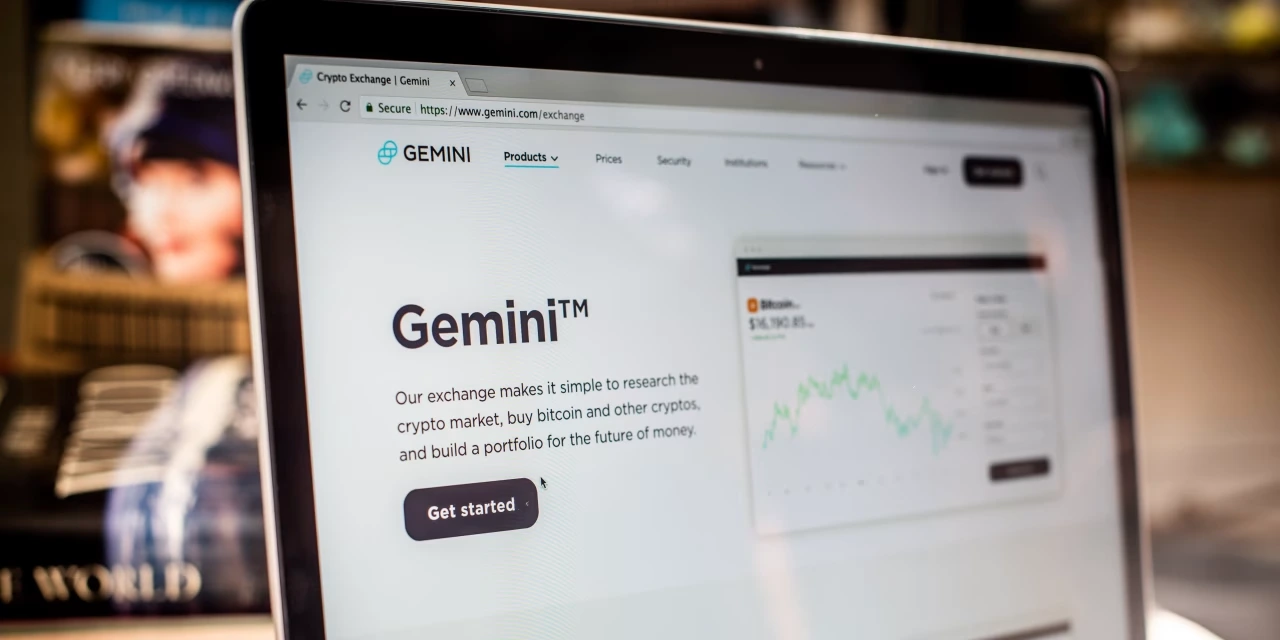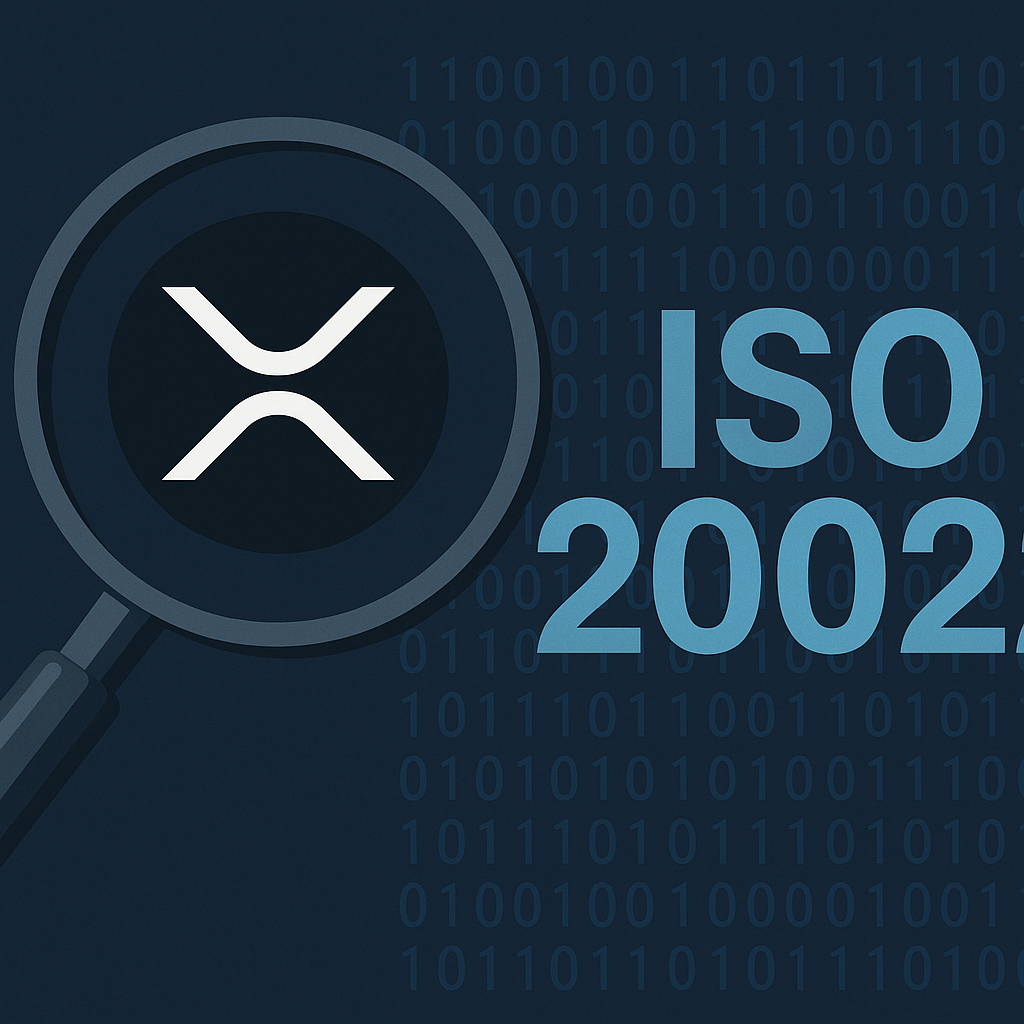Key Takeaways:
Gemini has more than half a million monthly active users and close to 10,000 financial institutions spread in more than 60 countries, indicating its robust retail and institutional presence.The exchange has done lifetime deal trades of more than $285 billion signaling a significant market value and interest by Wall Street.Long-term strategic direction is assured with the Winklevoss twins having 70% of the votes by holding widespread Class B shares.
The decision which might echo in the world of crypto and in the world of traditional finance was a first-time offering (IPO), Gemini Space Station, Inc., which was now interested in being listed in the Nasdaq global Select market. Under the ticker symbol GEMI, the filing provides a unique insight into the workings of one of the most successful major participants in the crypto space, whose history is characterized by hyperbolic growth and a strategic approach to bringing the worlds of digital assets and traditional finance closer to each other.
Read More: Gemini Exchange Review (2025): Is It Safe for Crypto and Bitcoin Trading?

A Decade in the Making: From Bitcoin to Billions
In 2014, Cameron and Tyler Winklevoss, who are brothers, started Gemini with a clear mission, but one that was almost too simple, and thus extremely ambitious, To become the most trusted and secure gateway to the emerging crypto-economy. The IPO prospectus describes an impressive history, including how Gemini went from a basic Bitcoin exchange to an end-to-end offering, using a retail or institutional client with products such as a derivatives exchange, staking and institutional-level custodian.
This has not been a growth by radical chance. Regulatory compliance and security have become the company pillars and the adherence to regulations and safety. The combined effect of money transmission licenses in all 50 U.S. states that require it and being a regulated trust company can allow Gemini to be a de facto safe harbor in this regard for investors that do not want to risk the wild west status of some crypto firms. This active participation in the regulation is one of the areas of distinction because it has made the product attractive to a wide variety of users who seek safety and stability.
Read More: Best Cryptocurrencies for Day Trading in 2025 to Earn Daily Profits


Winklevoss Dominance and the “Controlled Company” Tag
The filing also brings to light the ownership structure of the company, which will indicate that the Winklevoss twins will have a tight control. The IPO will launch two types of stock: Class A, which has one vote per share and Class B that is only owned by co-founders and their affiliates that have ten votes per share. This dual-class system will save the Winklevosses because even after the offering, this system will still have a sizable 70 percent of the cumulative voting power.
Under Nasdaq rules, such a situation is called a controlled company, and it results in the founders maintaining much of the decision making control of the company, and are able to make long-term decisions regarding the direction of the company without feeling pressured by the short-term demands of the market. It is typical in tech IPOs but an aggressive claim in the crypto sphere which supports the intentions of the founders to further stick to their initial vision. This high concentration of power may be two-edged: on the one hand it enables the company to make long-term strategic decisions effectively, on the other hand it does not give too much option to influence the key decisions by outside shareholders.


The fact that Gemini aims at closing the gap between the legacy and the cryptoeconomy can also be regarded as one of its appeals. The firm describes itself as a “trusted bridge,” that brings another decentralized future closer to the people and institutions. Working in the DeFi and NTFs directions is not the only way that Gemini responds to the market trend, but actually helps create the infrastructure of the next step of the digital finance evolution. Such growth may catalyze a huge expansion that will appeal to new customers and institutions that seek a regulated entry into these emerging markets.





























